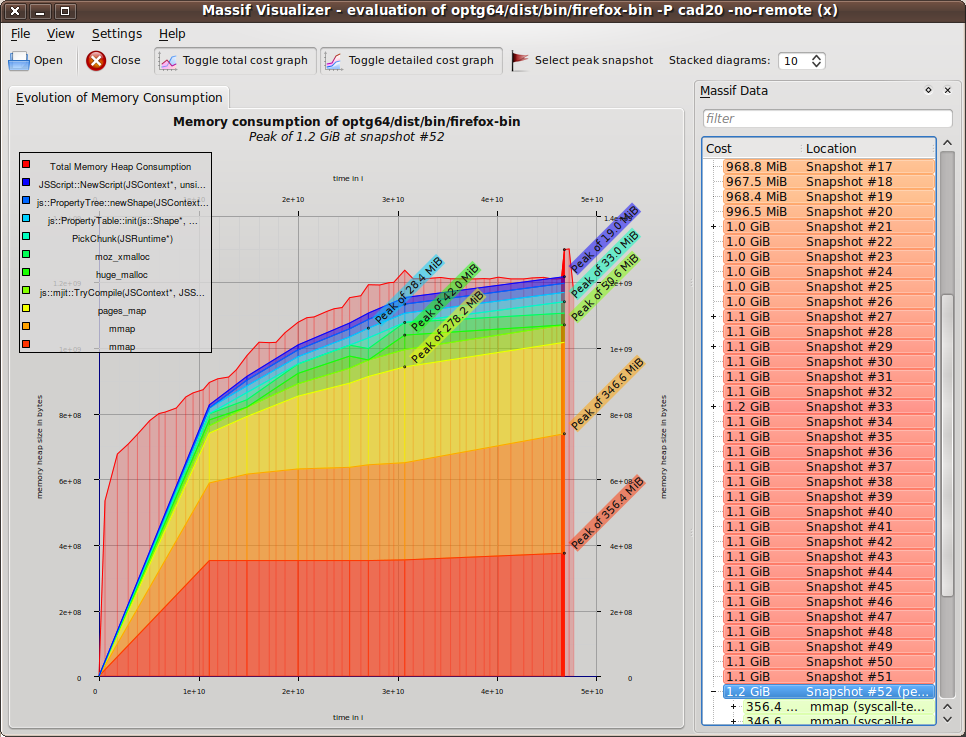Another question for you guys. My college (2 year) is switching their general education requirements come fall. They have given options to current students to opt in.
Current:
Math- Calculus 1/2/3, Linear algebra, Intro to discrete math
Programming- Intro to CS, OOP, Basic Assembly Language, Data structures, comp. Architecture
New system:
Math- Calculus 1/2, Linear algebra
Programming- Intro to CS, advanced c/c++, OOP, discrete structures, comp organization and assembly language, data structures.
Another big change, they would drop the internship I would be required to do under the current system. But I would probably sign up for that under the new one. And once you opt in, you can't switch back. The new system is better, right?


